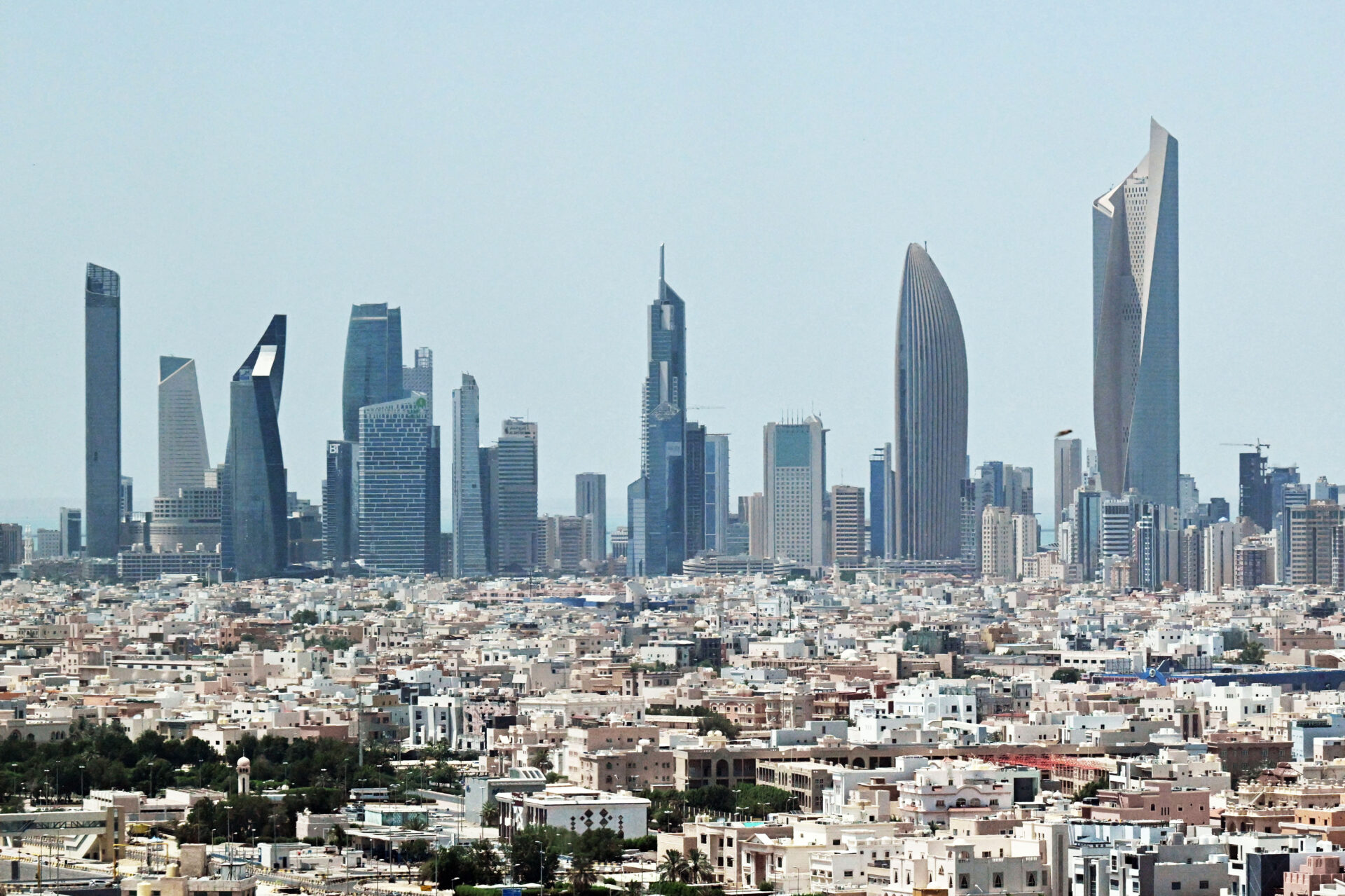Kuwait banks explore deal to create $50 billion Islamic lender
The proposed tie-up comes as Fitch expects the GCC’s debt capital market to reach $1 trillion outstanding by next year

A view of high-rise buildings in Kuwait City (Getty Images)
Two of Kuwait’s biggest banks are exploring a merger that would create an Islamic lender with more than $50 billion in assets.
The proposed tie-up comes amid a wave of banking consolidation across the Middle East, partly driven by competition for financing large-scale projects as Gulf countries rapidly diversify away from oil.
Boubyan Bank, with assets worth $29 billion and Gulf Bank, with assets worth $24 billion, will conduct due diligence and valuation studies into the potential deal, the two lenders said in a statement.
The move comes as Kuwait Finance House weighs taking a large stake in Saudi Investment Bank, while National Bank of Bahrain considers a potential merger with Bank of Bahrain and Kuwait.
Consolidation of financial institutions in the GCC is being driven by the need to create lenders with greater scale as countries seek financing for mega-projects and other diversification activities aimed at boosting the non-oil economy.
These capital intensive activities, and the development and diversification of funding channels are expected to drive the GCC’s debt capital market to reach $1 trillion outstanding by next year, according to a new report from Fitch.
Saudi Arabia, which is contending with lower oil profits and mounting expenses associated with its Vision 2030 transformation plans, held a 43% share of the $940 billion outstanding government debt in the GCC at the end of Q1 2024, while the UAE held 30%.
Around 40% of outstanding government debt was sukuk – bonds compliant with Islamic sharia law – while the rest was in conventional bonds, Fitch said.
Environmental, social, and governance (ESG) sukuk, meanwhile, reached $18 billion outstanding in GCC countries, driven by increasing sustainability commitments, according to Fitch.









